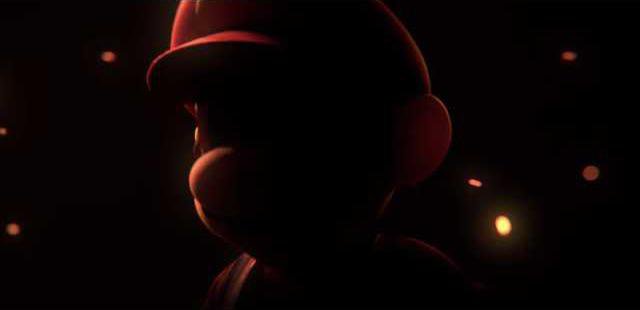Get ready to melee. Super Smash Bros. is coming back.
Nintendo released a video on Thursday that teased the return of Super Smash Bros., the highly popular video game where gamers can take control of several different Nintendo characters and battle it out in an arcade-style format.
The teaser shows two characters from Splatoon shooting each other with paintball-like guns. Suddenly, one of the characters turns around to see famous Nintendo characters Link and Mario standing behind her.
Watch the trailer below.
No other details were revealed. The game will be released in 2018, according to the trailer.
Its unclear whether this game will be a remix of the 2014 Super Smash Bros. game or something completely different, as Mashable reported.
Nintendo also revealed a slate of other games for the Switch that are set to debut this year, including a Captain Toad puzzle game on July 13, The Verge reported.
Nintendo will also release a remastered Crash Bandicoot trilogy on July 10 and the Zelda-esque game Okami in the summer.
The Nintendo Switch has experienced a run of good fortune since it debuted in 2017. As the Deseret News reported, the system was the fastest-selling game console in the country for its first 10 months, selling 4.8 million units in that time span. The Switch even surpassed the Playstation 2s sales record.
Nintendo predicted that it will sell another 17 million units by April 2018, which would place the device into the category of best-selling consoles all-time, according to The Verge. Currently, the Playstation 2 has the overall sales record, with 155 million units sold.
Nintendo released a video on Thursday that teased the return of Super Smash Bros., the highly popular video game where gamers can take control of several different Nintendo characters and battle it out in an arcade-style format.
The teaser shows two characters from Splatoon shooting each other with paintball-like guns. Suddenly, one of the characters turns around to see famous Nintendo characters Link and Mario standing behind her.
Watch the trailer below.
No other details were revealed. The game will be released in 2018, according to the trailer.
Its unclear whether this game will be a remix of the 2014 Super Smash Bros. game or something completely different, as Mashable reported.
Nintendo also revealed a slate of other games for the Switch that are set to debut this year, including a Captain Toad puzzle game on July 13, The Verge reported.
Nintendo will also release a remastered Crash Bandicoot trilogy on July 10 and the Zelda-esque game Okami in the summer.
The Nintendo Switch has experienced a run of good fortune since it debuted in 2017. As the Deseret News reported, the system was the fastest-selling game console in the country for its first 10 months, selling 4.8 million units in that time span. The Switch even surpassed the Playstation 2s sales record.
Nintendo predicted that it will sell another 17 million units by April 2018, which would place the device into the category of best-selling consoles all-time, according to The Verge. Currently, the Playstation 2 has the overall sales record, with 155 million units sold.








